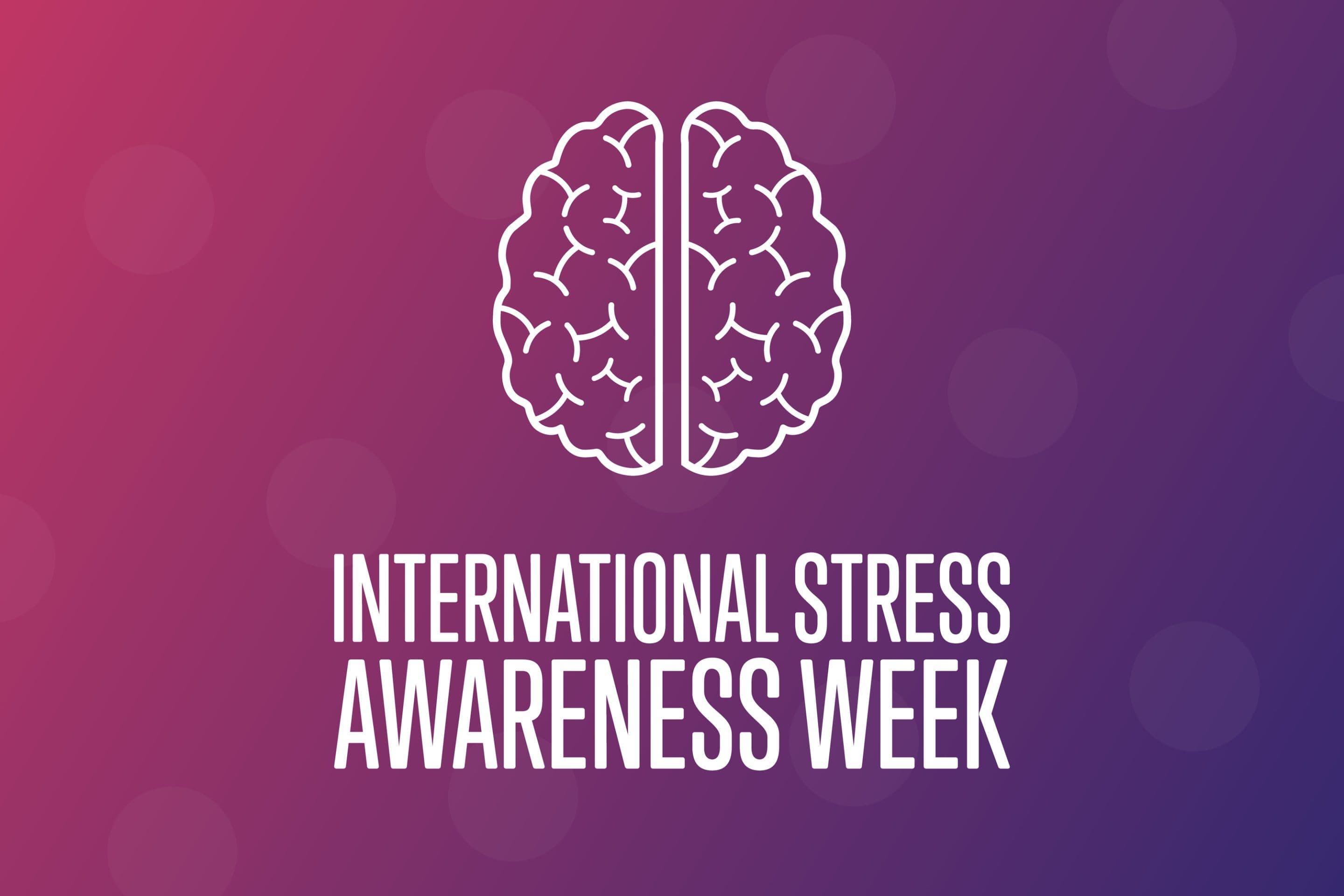...
...
...
...
...

Stress is an ever-present part of modern life, affecting people of all ages and backgrounds. Stress Awareness Week is a crucial initiative that serves as a reminder to prioritise mental well-being

Rouberto Pereira
Oct 31st, 2023
The Prevalence of Stress
Stress is a common experience. It can result from various sources, such as work, relationships, finances, health issues, and daily life challenges. Unfortunately, stress can be insidious, affecting our mental and physical health in profound ways. It's essential to recognise the signs and symptoms of stress, as they can vary from person to person. These signs may include anxiety, fatigue, irritability, headaches, muscle tension, and changes in sleep patterns.
The Impact of Stress
Stress is more than just an uncomfortable feeling; it can have a significant impact on our overall health and well-being. Prolonged exposure to stress can lead to various health issues, including:
Managing Stress
Understanding and managing stress is essential for maintaining a healthy and balanced life. Stress Awareness Week provides an opportunity to explore effective stress management strategies:
Stress Awareness Week is a vital reminder to prioritise mental and emotional well-being. Stress is a part of life, but it doesn't have to control our lives. By understanding the impact of stress, recognising its signs, and implementing effective stress management strategies, we can improve our overall quality of life. It's crucial to remember that everyone experiences stress differently, and finding the right approach to managing it is a personal journey. So, let this week be a starting point on your path to a less stressful, healthier, and happier life.

Rouberto Pereira
Dec 12th, 2024

Understanding the Link Between Sleep, Mental Health, and Daily Wellbeing
Keeva Galway
Mar 5th, 2025

Rouberto Pereira
Apr 3rd, 2025